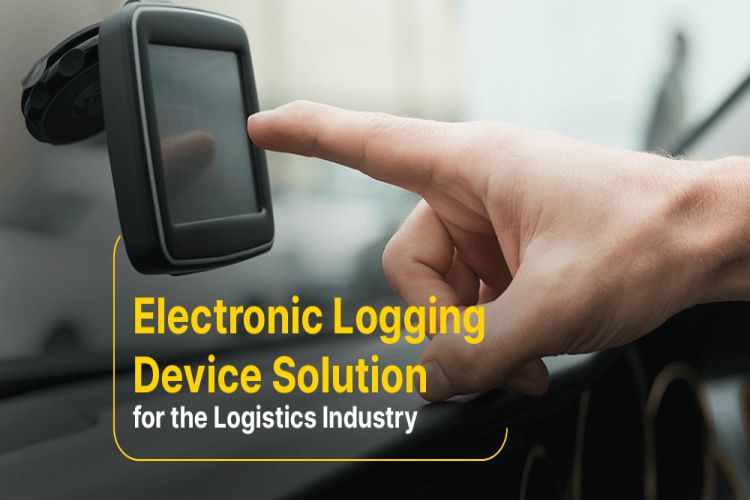 ELDs are a vital technology for trucking companies to stay compliant and support fleet operations. They replace paper logbooks and provide fleet managers with a wealth of data on engine diagnostics, vehicle movement, and fuel consumption.
ELDs are a vital technology for trucking companies to stay compliant and support fleet operations. They replace paper logbooks and provide fleet managers with a wealth of data on engine diagnostics, vehicle movement, and fuel consumption.
They can also make it easier to satisfy IFTA requirements, generate driver vehicle inspection reports and create custom work orders for drivers. However, many people still need clarification about how they work and what features they offer.
How ELDs Work
ELD devices track Hours of Service (HOS) for commercial drivers, who must legally log their time on and off duty. They synchronize with the vehicle engine to automatically record driving time, making them more reliable than paper logs.
In addition to HOS data, many ELDs record other useful information for fleet managers and dispatchers. This includes engine hours, vehicle status, location details, and more.
Some ELD providers offer other services to help fleets reduce costs and improve productivity. For example, some systems allow drivers to mark their duty status using a mobile app or tablet, eliminating the need for costly accessory devices.
Choosing the right ELD system depends on your needs. Look for a provider that offers FMCSA-approved features and simplifies compliance for drivers and fleet managers. Consider how easy it is to install and how much training your drivers and dispatchers need to get up and running.
ELD Costs
ELD devices save truckers and law enforcement a lot of time by replacing the need for paper logs, which often need to be revised. They also help drivers avoid expensive HOS violations that could lead to fines and CSA scores.
The costs of an ELD device vary depending on the brand, model, and features you choose. But a few things to consider are:
Up-front hardware costs, subscription fees, and the availability of bonus features are important factors in selecting an ELD solution that meets your needs.
Several providers offer affordable, simple-to-use ELD solutions that make it easy to comply with the FMCSA’s HOS mandate. For example, Matrack offers a basic ELD that can be used with any vehicle and does not have a monthly fee. Its telematics services include IFTA fuel tax tracking, driver safety and fleet management. It also integrates with artificial intelligence dash cams for driver coaching and maintenance recommendations. It also consists of a driver time clock, which keeps track of employee hours worked and has a built-in GPS to record location data.
ELD Features
Besides compliance, an ELD device can track other data that helps fleet managers run their businesses more efficiently. This includes mileage, fuel usage, engine diagnostics, and vehicle idling time. By monitoring this information, fleet owners can prevent breakdowns and reduce repair costs.
An ELD device can also help drivers avoid speeding tickets by letting them know when they violate local road-speed limits. This can also help them save on fuel costs and prevent accidents caused by reckless driving.
When choosing an ELD solution, make sure to look at its subscription charges as well as any upfront hardware costs. Some solutions charge monthly subscriptions, while others charge a one-time upfront fee and a small monthly subscription. Avoid those that charge activation and deactivation fees. Choose the option that fits your budget and business needs. Also, look for an easy installation process, as complicated installation can be costly.
ELD Software
Purchasing an ELD device can cost motor carriers hundreds of dollars per truck, but the best ones reduce liability and increase profits. Moreover, some vendors offer a leasing option to help fleet owners recoup the investment over time. Samsara is a highly affordable option with a plugin device and smartphone app for easy compliance tracking. The system also tracks vehicle diagnostics to prevent breakdowns and save on costly maintenance costs.
Another popular choice is GPS Trackit, which offers a simple, affordable solution for fleets that need to stay compliant. The device has a 4.4 rating on G2 and includes basic features such as ELD-compliant logs and IFTA fuel tax tracking. The service also has a 24/7 support channel with minimal wait times.











